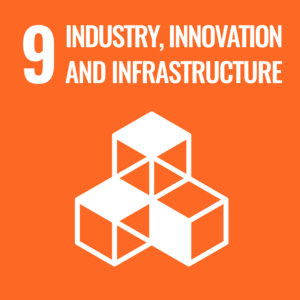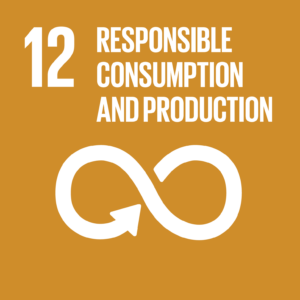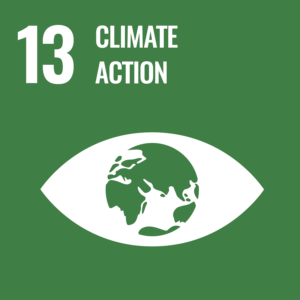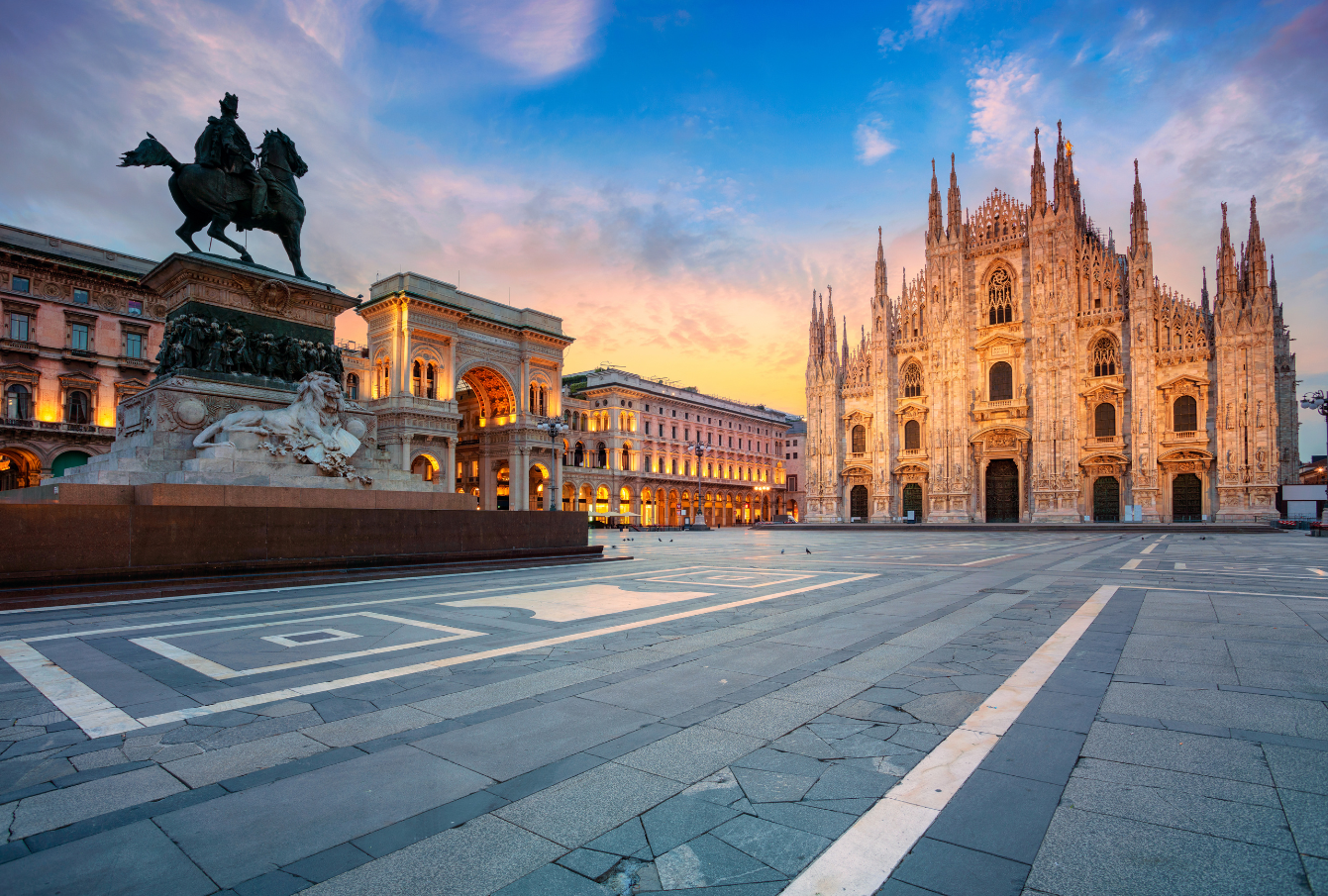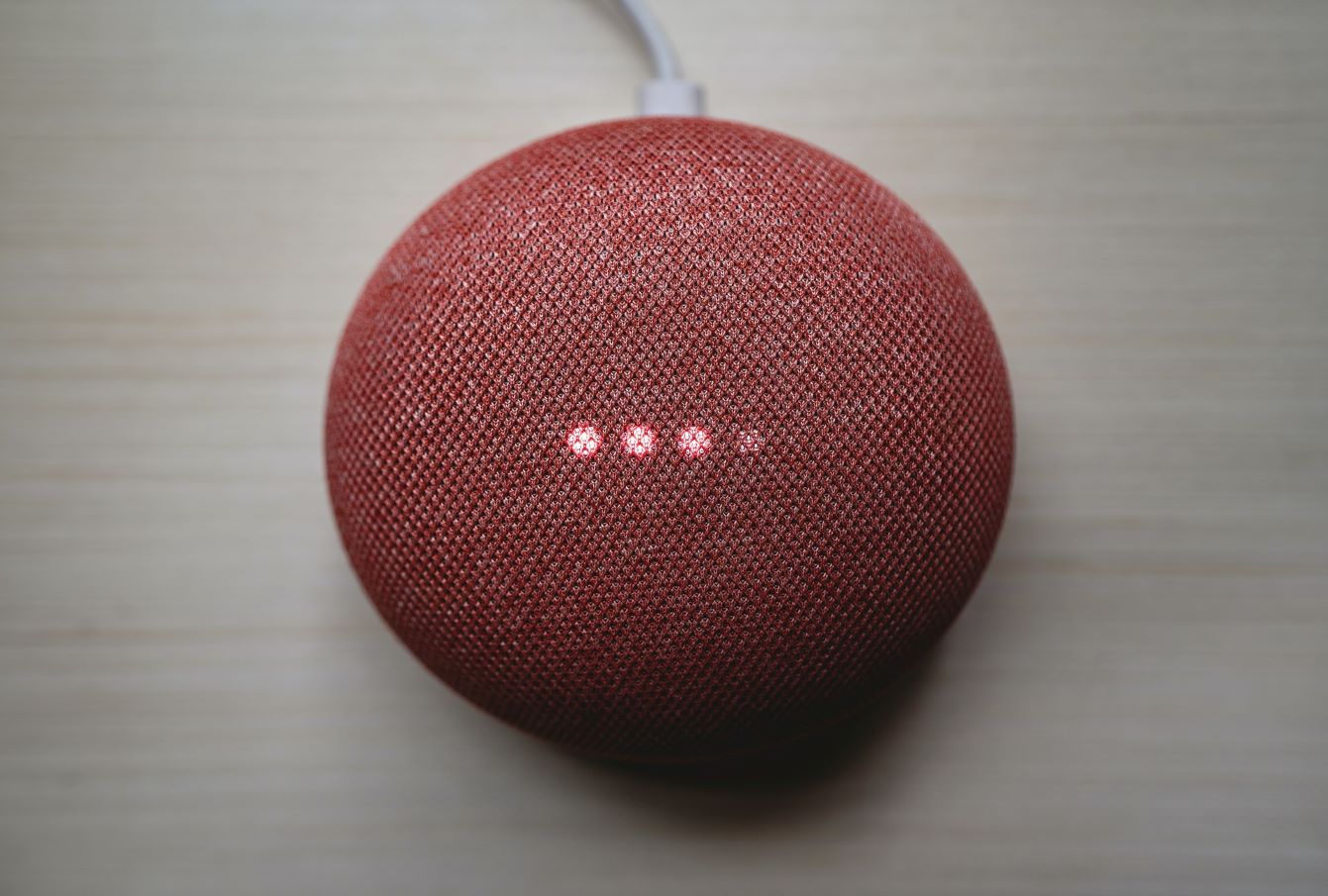 Blue Economy in Italy: Water Management and Sustainable Opportunities
Blue Economy in Italy: Water Management and Sustainable Opportunities
In 2025, managing water resources sustainably is one of the most pressing challenges for Italy’s economy.
Companies working in the Blue Economy and water sector face structural inefficiencies, climate impacts, and fast-evolving technologies. At the same time, new opportunities are emerging. For Northern European companies interested in entering the Italian market, this creates fertile ground for innovation, collaboration, and sustainable growth.
Italy’s Blue Economy in Transformation
According to Legambiente’s 2024 report, the Blue Economy in Italy generates over €161 billion in value, making it a cornerstone of national sustainability strategies. The most dynamic segments include low-emission maritime transport, sustainable shipbuilding, responsible fisheries and aquaculture, eco-coastal tourism, and offshore renewable energy.
Despite these advancements, water management remains a critical issue: over 40% of potable water is lost within the public distribution network. This has serious environmental and economic consequences, particularly in the face of increasing droughts and climate instability.
The PNRR: Investing in Circular and Digital Water Solutions
The Italian Recovery and Resilience Plan PNRR is investing more than €4 billion in water-related projects. These investments target key priorities such as:
-
Digitizing water networks to improve monitoring and performance
-
Reducing water losses, particularly in Southern and rural areas
-
Reusing wastewater, especially in agriculture and industry
-
Upgrading wastewater treatment plants for better environmental compliance
-
Developing green infrastructure in both cities and rural regions
Many of these initiatives are open to public-private partnerships, making this a valuable moment for international players with smart and circular solutions.
Key Technological Trends to Watch
- Smart irrigation: Sensors and AI helping reduce agricultural water use by up to 30%
- Phytoremediation and nature-based biotechnologies: Successfully applied in regions such as Emilia-Romagna and Sardinia
- Wastewater reuse: A growing trend in Lombardy and Veneto, with models of industrial circularity
- Circular aquaculture: Projects such as CircularRainbow apply RAS systems for aquaculture, sludge recovery, and biogas energy production
Innovations Shaping Water and Marine Management in Italy
The CircularRainbow project, funded by Interreg Italy–Slovenia, demonstrates how aquaculture can become a key component of the Blue Economy. By applying RAS (Recirculating Aquaculture Systems), water usage is optimized, while aquaculture sludge is converted into biogas or used in insect-based cultivation (Hermetia illucens).
Pilot initiatives in Italy and Slovenia also include digital system management and on-the-ground operator training.
In mid-February 2025, CircularRainbow will be showcased at AquaFarm 2025 in Pordenone, where speakers will address aquaculture decarbonization, automated energy management, and circular economy models in the aquaculture sector.
How Proaxxes Can Support You
With over 25 years of experience, Proaxxes assists international companies in developing concrete projects across the water, energy, and environmental sectors, providing full operational support for a successful entry into the Italian market. Through an integrated approach, we offer in-depth market analysis, ongoing monitoring of PNRR and EU funding calls related to water infrastructure, and the selection of qualified local partners — including utilities, ESCOs, irrigation consortia, engineering firms, and universities.
We support clients in public tender participation, contract management, and the development of sustainable market-entry strategies. Our country management service allows you to coordinate complex projects on the ground, ensuring effectiveness, compliance, and long-term results.
If you’re looking to position your company in Italy’s water sector and unlock its current potential, get in touch for a tailored consultation. Together, we can help reduce water losses, optimize consumption, and advance sustainable aquaculture. Contact us!


